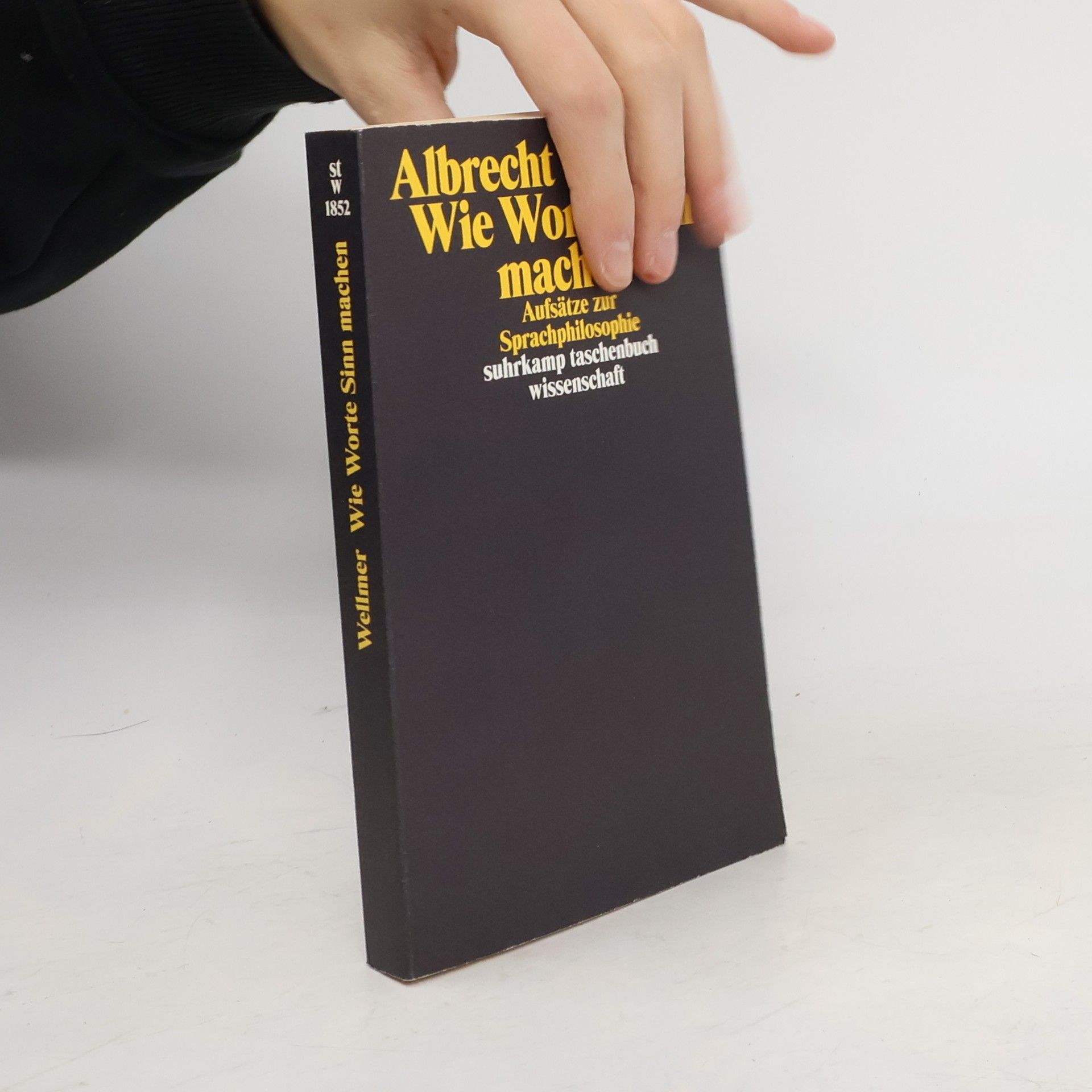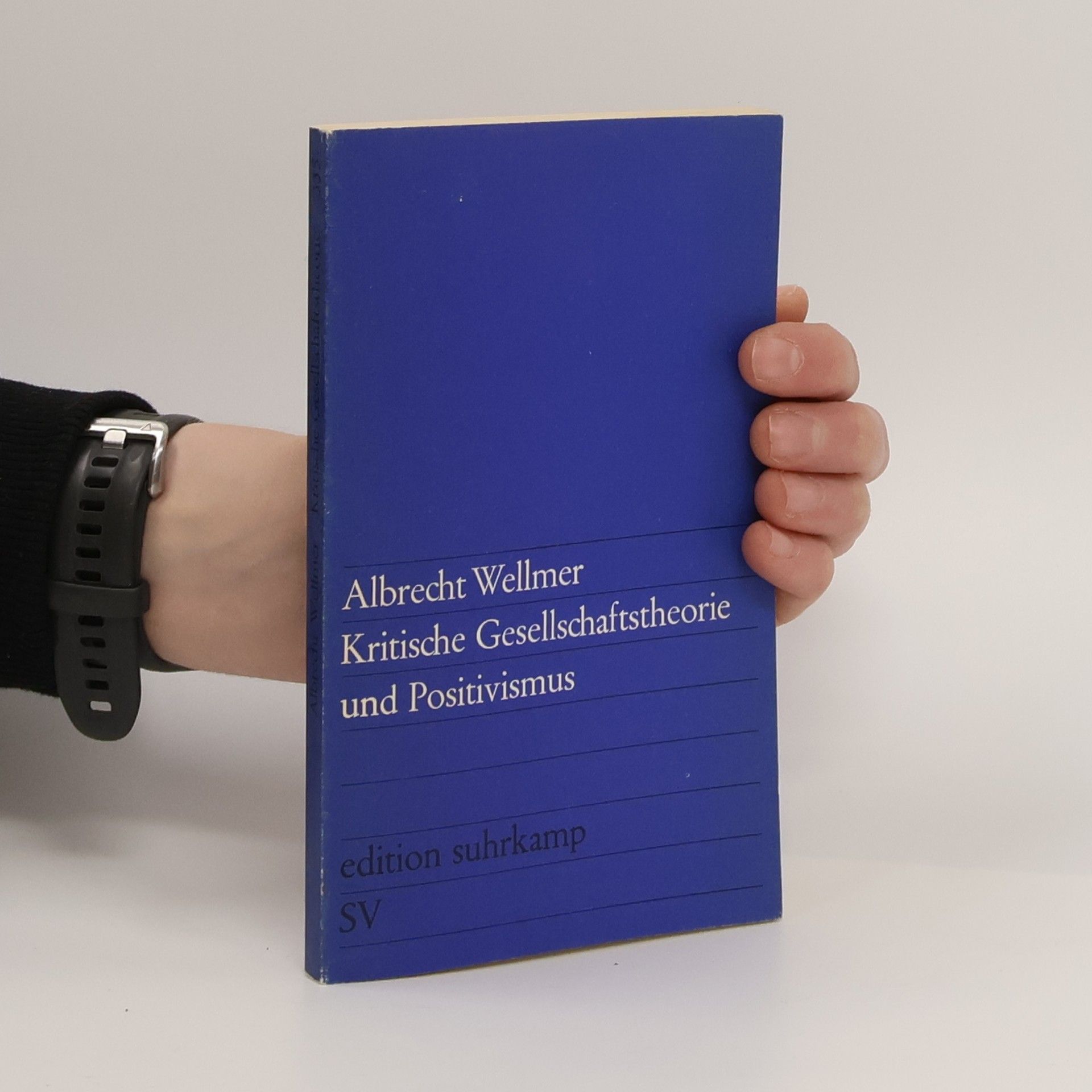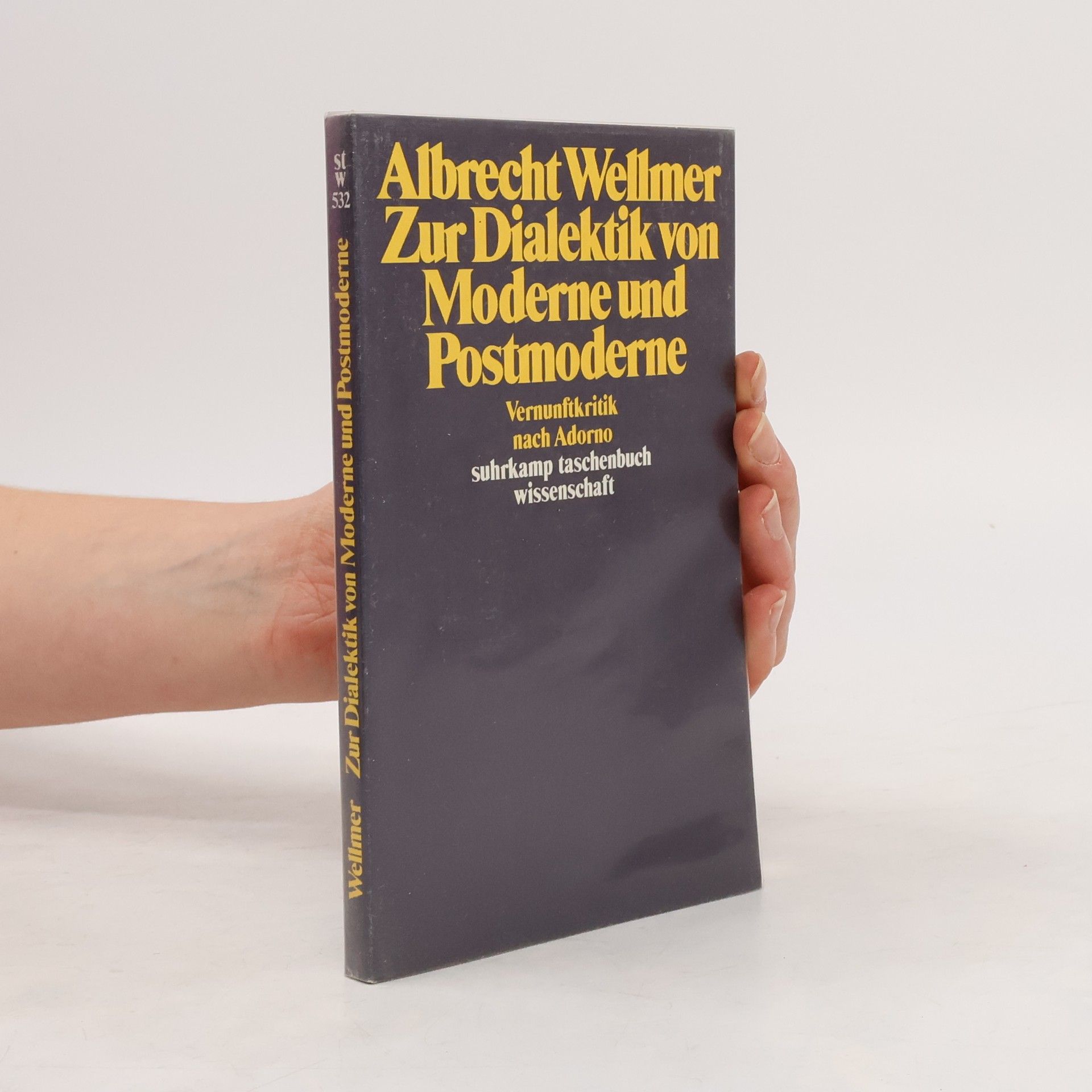Endgames
- 360pages
- 13 heures de lecture
This collection of thirteen essays by a prominent figure in contemporary German philosophy explores the concept of postmetaphysical modernity. The preface connects the title, Endgames, to the central theme: historical utopias from the Marxist tradition and Kantian programs of ultimate justification represent endgames within metaphysics. Their deconstruction serves as a critique of these metaphysical constructs, addressing the ultimate telos of history, knowledge, and human life. The title also critiques postmodernist approaches that seek to dismiss modernity; Wellmer defends the essential moral and political aspects of modernity that must be preserved in a postmetaphysical context, distinguishing his work. In the first section, "Negative and Communicative Freedom," he examines the relationship between liberal rights and modern democracy. Part II, "Postmetaphysical Perspectives," develops insights on aesthetics, metaphysics, truth, and hermeneutics, engaging with thinkers like Adorno, Rorty, Habermas, and Gadamer. The final section, "Images of the Times," features essays on Wittgenstein, the Frankfurt School, Hans Jonas, and architecture. The book concludes with a critical essay on Hannah Arendt, highlighting her political philosophy's significance to Wellmer's thought.



